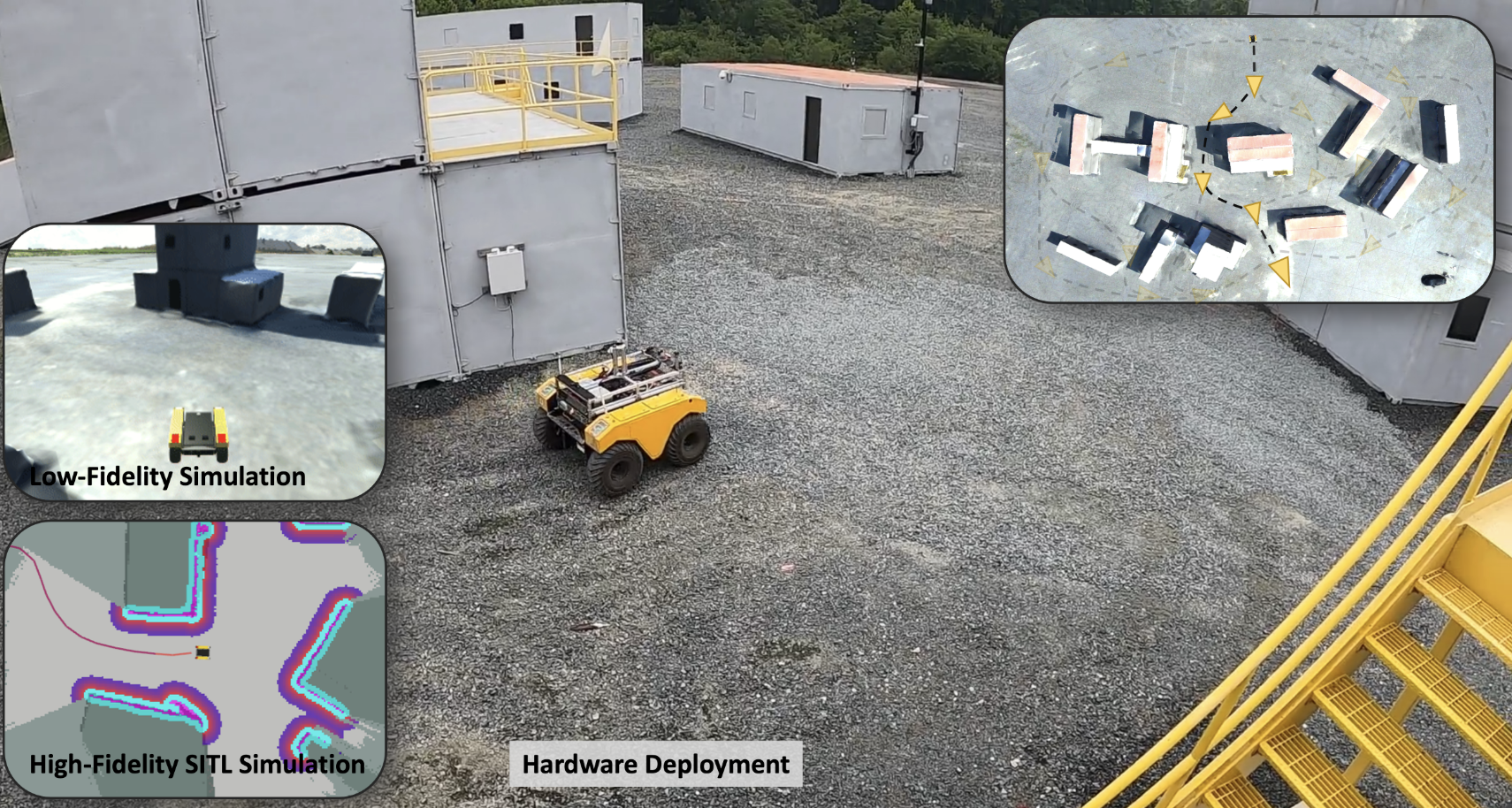The Oden Institute for Computational Engineering and Sciences has named Cyrus Neary the recipient of its 2025 Outstanding Dissertation Award. Neary's dissertation, "Engineering AI Systems and AI for Engineering: Compositionality and Physics in Learning," addresses one of today’s most urgent engineering questions: how to transform advances in artificial intelligence into safe, efficient, and trustworthy autonomous systems.
"I am tremendously honored to have received this award," Neary said. "I'm also tremendously grateful to the [Computer Science, Engineering, and Mathematics] CSEM program, the research community at the Oden Institute, my dissertation committee, my advisor Professor Ufuk Topcu, and my colleagues and collaborators—without whom much of my research would not have been possible."
At the core of Neary's research is the challenge of engineering artificial intelligence (AI)-driven systems that not only perform well, but also adhere to the safety, data, and operational constraints typical of real-world applications. His work, which combines deep learning with principles from control theory, physics, and engineering, aims to design algorithms that are simultaneously data-efficient, interpretable, and robust.
"My dissertation work aims to address these questions primarily in the context of data-driven modeling and autonomous operation of robotic systems," Neary said. His research spans two central themes: compositionality—breaking complex problems into manageable subproblems—and the integration of prior physical knowledge into deep learning algorithms.


